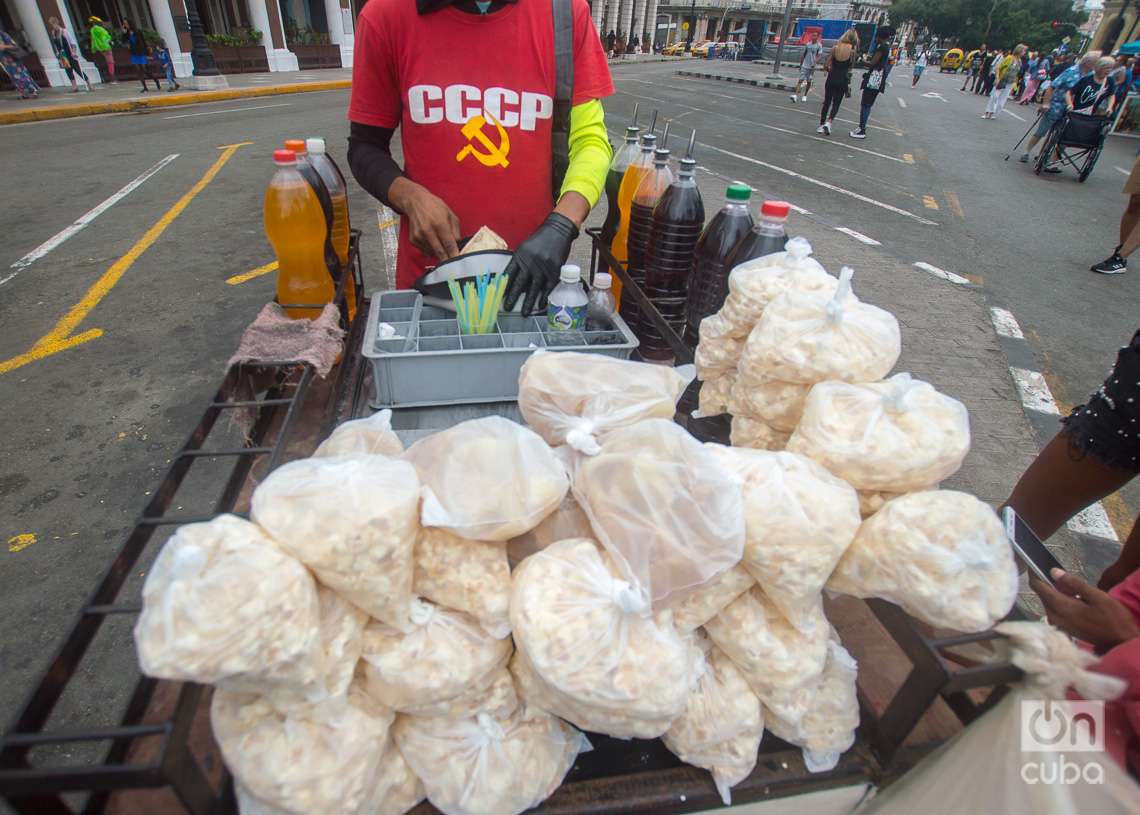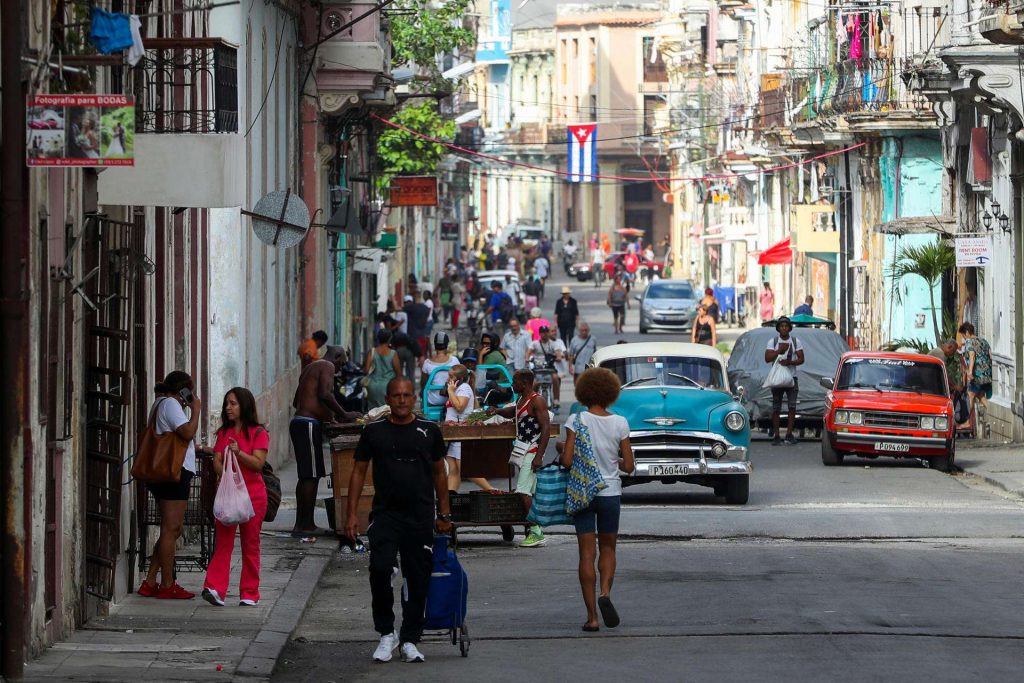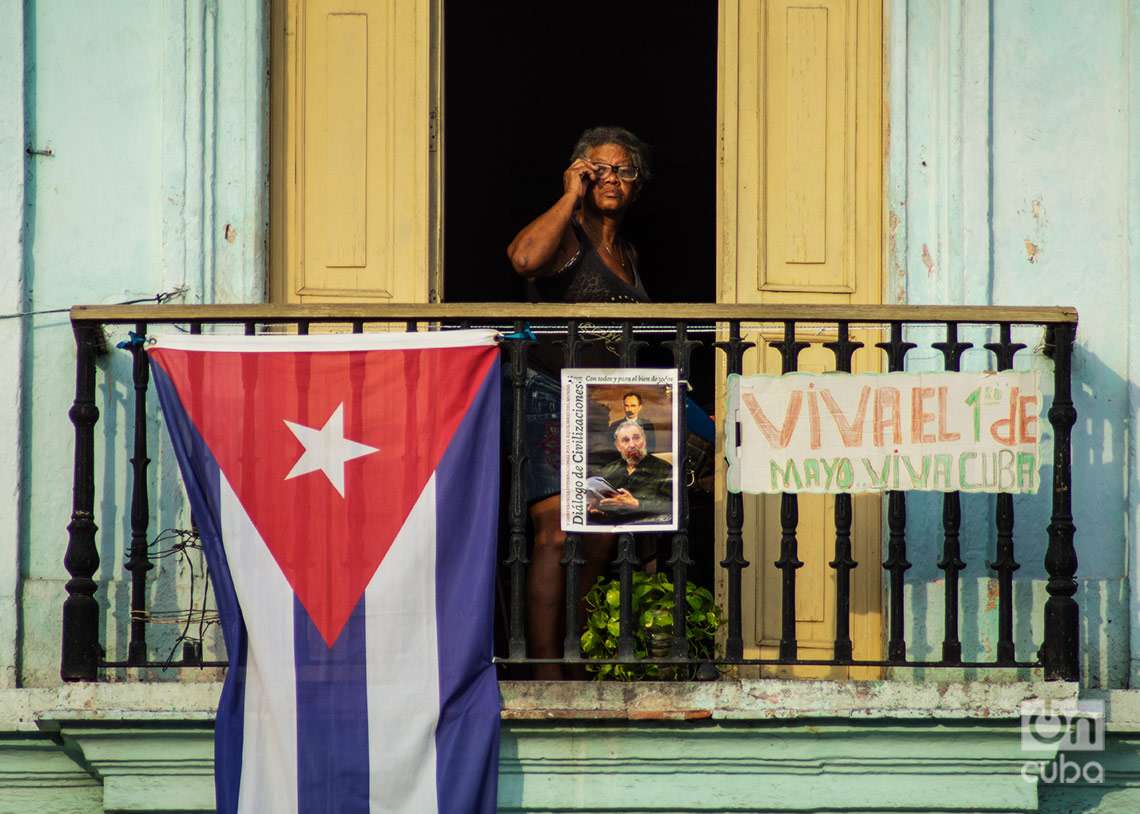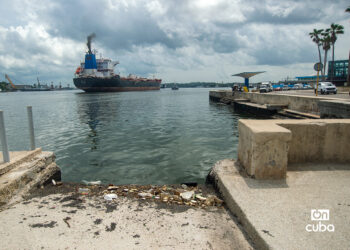Don Miguel de Unamuno said that “science teaches us to know and judge things as they are; that is, how they themselves choose to be and not how we would like them to be.” He also said that “the less we read, the more harmful is what we read”; and that “a lot of good arguments are spoiled by a fool who doesn’t know what he’s talking about.” Although Unamuno was not a Marxist-Leninist, neither a neoliberal nor a libertarian, he was quite right.
I am not here to saddle the reader with a dissertation on the role of science versus ignorance; nor to distinguish once again between opinion and analysis, criticism and target shooting. Unamuno did it better and in a more elegant way.
I just want to return to three main ideas: 1) a change of era cannot be understood with the same head, since neither the present nor the future are reflected in the rearview mirror; 2) the policies are not contained in the discourses, nor are the discourses the pentagram of the policies that are effectively applied; 3) explaining politics requires understanding its effectiveness on the dynamics of real society, translated into actions and facts, its logic and contradictions. Because the contradiction is in its nature.
Between facts, conversations and reflections
Most of the statements about Cuban society and politics today are based on shared conversations and self-reflections. The social media promoted the mechanism but did not originate it.
I remember when a prominent historian told me that, under Raúl’s presidency, it was Fidel who continued to rule Cuba, as most Cubans thought. I asked him how he knew what the majority thought, he confessed that his friends in Cuba told him so. And that it was also evident from the Reflections of Fidel column published by Cubadebate and reproduced by the rest of the media.
I asked him if, in addition to historical and international topics, Fidel wrote about current Cuban problems and policies. “But it’s the same ideology and the same Party,” he replied. And are the same policies being derived from that same ideology and Party? I asked him. If Raúl had affirmed that he consulted Fidel on strategic decisions, did that show that the reforms came from Fidel? Or that they were “continuity”? Really?
It is curious how the idea of continuity present in Cuban political discourses is assumed by some as an explanatory concept of politics. For example (a simple comparison and keeping the distance): an analysis of the politics of the United States in 2017-2020 would not be limited to using the slogan of MAGA (Make America Great Again) as a concept to explain the logic of its actions; nor would it resort to the supposed ideology of its president to explain the tensions with allies and adversaries. Because politics is never reduced to a simple mirror of ideology nor to an emanation of discourses (whatever the slogans); it is in the actions and facts in which it materializes.

Another example of the type of speculative and self-reflective discourse were the predictions of some observers about the election of Díaz-Canel five years ago, more based on ideological adjectives than on political characterizations.
They predicted that the “authoritarian succession” deprived him of “internal and external legitimacy,” and condemned him to paralyze the reforms and leave everything as it was (Rafael Rojas, 2018); they identified him as “a Party bureaucrat nobody knows anything about” (Dan Erikson, 2017); “without support within the PCC [Communist Party of Cuba] or among the military” (Jaime Suchlicki, 2017); handcuffed by “Raúl and the rest of the Castro clan on top of him” (Paul Hare, 2017). Others went so far as to predict that “a future conflict between the Party and the Army could produce a political earthquake, which in theory would generate a political transition towards democracy” (Javier Corrales and Loxton, 2018).
It is enough to take a look at most of the reactions to the last National Assembly of People’s Power-Parliament (ANPP) elections, from El País to opposition publications, to appreciate to what extent adjectives and expectations prevail over explanations.
In short, they affirm that there are no changes because the ones that the commentators would have wanted did not take place. Appreciating those that did occur only requires to stop looking in the mirror, to stop and examine in detail the available data.
Between critical political discourses and applied policies
There are no more denounced evils in communication than secrecy, lack of rigor, debate, analysis, research, the persistence of superficiality and triumphalism.
A few months after its 6th Congress (2011), the PCC Conference set out to “ensure that the mass media report the Party’s policy in a timely, objective, systematic, and transparent manner…and eliminate information gaps and manifestations of secrecy and take into account the needs and interests of the population.” As well as to “guarantee that the mass media are supported by scientific criteria and studies, are an effective platform of expression for culture and debate, and offer paths to knowledge, analysis, and the permanent exercise of opinion”; and “demand from the press and information sources the development of a more newsworthy, objective and investigative journalism.”
Ten years later, in one of his last speeches as leader of the PCC, Raúl Castro would say: “Although it is true that our media are characterized by their adherence to the truth and their rejection of lies, it is also true that manifestations of triumphalism, stridency and superficiality in the way they approach the reality of the country persist.”
Until this May, a bill on Social Communication, in its thirty-third version, has been waiting in line, after having rotated its turn several times, for its discussion and approval in the National Assembly.
In order to produce scientific studies on the processes and problems that the Party’s policy must deal with, that they contribute to suppressing information gaps and manifestations of secrecy, in favor of the needs and interests of the population, it would be useful to be able to access the discussions and arguments that this law has had to navigate, and that would explain its delayed journey.
The study would be all the more interesting as it allows illustrating to what extent the processes within the Cuban political system are no less complex, and even contradictory, than those of other systems. As is known, in no country are these intragovernmental dynamics as transparent and accessible to citizens as they should be, even less when it comes to matters of national security. Since this is not the case, reporting on the discussion process of the Communication Law could make visible how many different factors, approaches and arguments have arisen in its creation, and how decision-making in Cuban politics is more subject to negotiations and debates than what is assumed. (Surely some skeptical reader will look at me with sarcasm, but I’m used to it.)

The discourse on the non-existent political
In one of his least mentioned novels, The Non-Existent Knight, Italo Calvino tells the story of a noble from Charlemagne’s hosts, driven to such an extent by the sense of duty, and so stripped of any other reality, that he was nothing more than empty armor. This crusader made of pure idea and will reminds those who conceive of politics as it should be, theoretical construction and utopia, amalgamation of “civism” and “ethics,” never in its contradictory way of presenting itself on earth.
In those armored speeches, Martí becomes, let’s say, a kind of Paulo Coelho of patriotism, prodigal in proverbial phrases that illuminate everything at the same time and everywhere, instead of the leader girdled with an almost impossible unity, between military heads, political and social groups separated by currents and motivations of all colors.
By dint of subjecting historical socialisms to criticism, and in the supposed eagerness to dump dirty water on them, these discourses end up throwing down the drain the real history of socialism. They are like an artist who throws away the sketches he doesn’t like, because they are nothing more than that, faulty drafts of an idea that comes to him floating in the air, on his own account.
However, ideas and ideals cannot be understood as emanations from a prophetic past, but rather as a living part of a society and a culture that give it meaning, transmitted between generations, inseparably mixed with conflicts of interest and decisive events were not involved in any plan, of which little is often known.
For those armored speeches, it is not uncommon for the history of this Revolution to be represented as a train of waves dragged by an authoritarian ideology and a leadership that controls everything, including arbitrary events and situations. And never as actions and decisions taken in a real context, traversed by conflicting political currents, and a changing society, full of contradictions that can be touched with our hands, and in the face of which politics reacts as it can, and sometimes in a counterproductive way.
A scholastic variant of these discourses represents reality as a blackboard, or a screen with slides, where it is very easy to understand not only the economy and international relations, but also society, domestic policy, security, civic culture, health, education, art and literature, etc.
The profound changes that take place in labor relations, the family economy, consumption, daily life, coexistence between different forms of ownership, technological changes, the modernization of communications, the migratory in-and-out never appear on that blackboard.
Nor, of course, do the territorial, regional, local differences appear. The Cuba A and Cuba B that Juan Pérez de la Riva spoke of. Or the differences in political behavior that emerge when the local voting structure in the last elections is observed under the microscope.
Typically, this variant of blackboard or Power Point ignores these complex dynamics, to impose, for example, the convenience of adopting the Chinese or Vietnamese model. Only stripped of some “undesirable drawbacks,” such as Xi Jinping or the Communist Party of Vietnam. Let’s say.

**Some ideas “without rhyme or reason”
I confess to the reader that, like everyone else, I also have political ideas, although I strive to avoid letting them get in the way to understand the logic of society and the policies that surround me.
I have verified that the measure of the effectiveness of the policies does not lie in their degree of adherence to common sense, that things are almost always represented intuitively, repeating what is heard said. Although it must be taken into account, because it is implanted in the connective fabric of consensus. In the same way, you have to aim to minimize the damage that any change entails.
Let’s say that a doctor cannot wait for the body to take charge of removing the disease; but in case it is necessary to operate, the first option must be minimum access. Delaying in doing so runs the risk of it being done too late, and therapies classified as “very invasive” must be resorted to. In any variant, the duty of the doctor is to win the will of the patient, not to decide to operate on him as if he were a cat.
The calls for ethics, civility, control, the application of law and order, etc., can be explained and even justified. But none, by itself, eradicates evil. On the other hand, “very invasive” therapies can leave sequelae. And in any case, assuming that the operated body remains the same is a mistake that is paid for, sooner or later. The strengths of a system do not lie in doing what it could do twenty years ago, but in learning to take advantage of current potentialities, which are not the same.
To understand Cuban society and the world that surrounds it with a different head, instead of looking at the past as if it were a forward-looking road map, policies have to be built from below; instead of adopting them and then trying to convince people who were not involved in their making. It is one thing to identify the benefit, and another to feel part of it.
One last detail: there is no real consensus building or political action in closed chamber. Just as national defense decisions require discretion, the public is inherent in political creation. The lessons of the pandemic teach that the participation and cooperation of the people can only be ensured with transparency and community work. Wanting to manage political challenges through law and order alone is like resting sovereignty and national security on trench engineering alone.
Beyond the articles of the Constitution, the key role of political institutions is decided every day, in public action and debate, in their effectiveness in reaching the hearts and minds of those diverse people who are citizens, where precisely hegemony has its seat.










